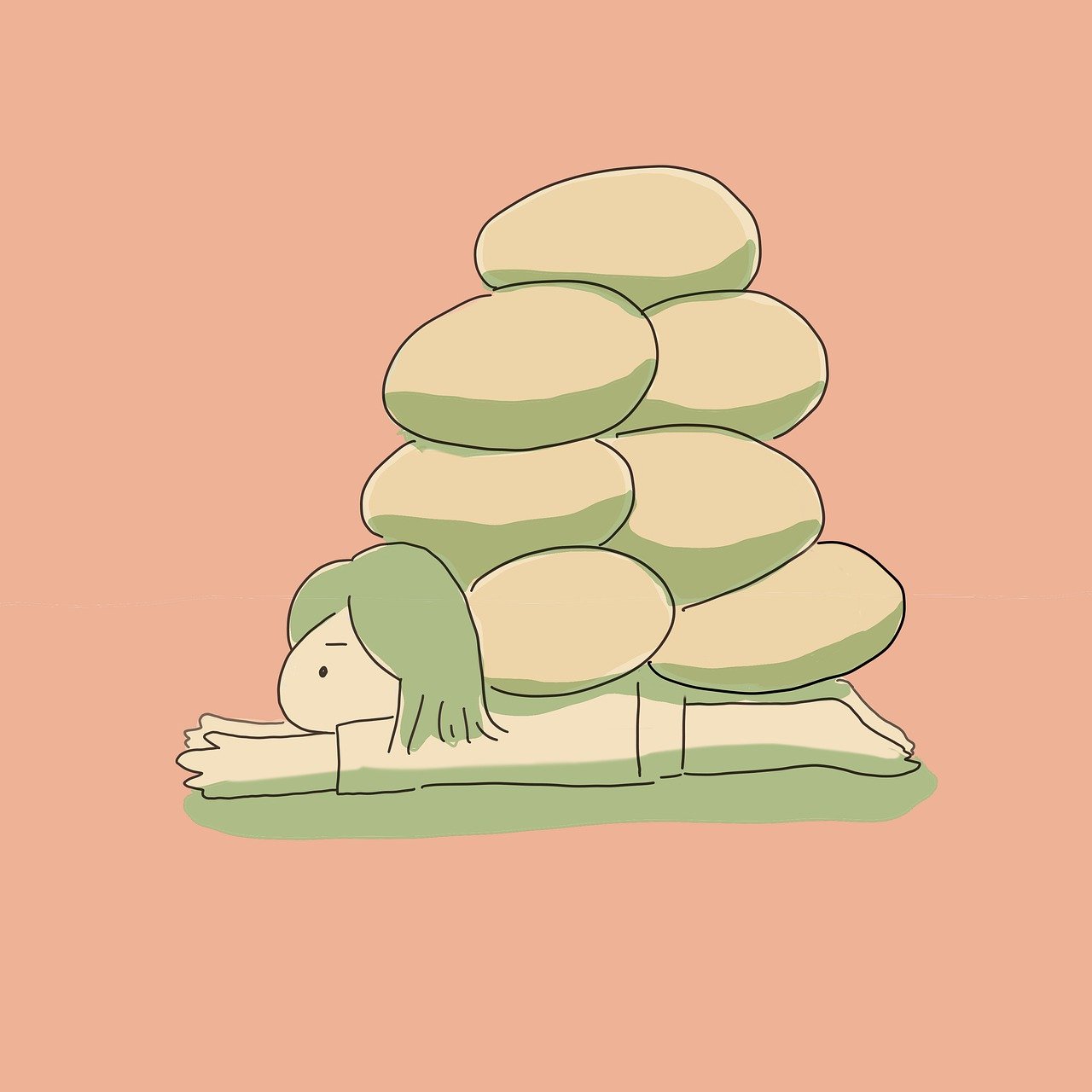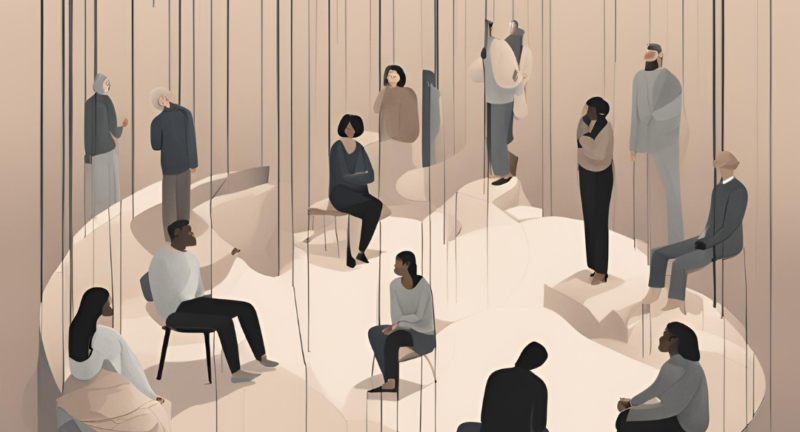
Why Do We Always Push Ourselves Beyond Our Limits?
In today’s fast-paced world, the pressure to push ourselves beyond our limits feels almost unavoidable. From work deadlines to personal goals, the expectation to do more, achieve faster, and be better is everywhere. Social media highlights success stories, while corporate culture rewards non-stop productivity. It’s easy to fall into the trap of believing that slowing down means falling behind.
But what drives this relentless push? Is it ambition, societal pressure, or something deeper within us? Beyond the surface of daily hustle lies a psychological landscape shaped by early life experiences, societal expectations, and our need for connection and validation. Understanding why we push ourselves—and at what cost—requires exploring these forces. Why do we find it so hard to rest, to say “enough,” and to accept our limits as humans? The answer lies not just in what the world demands of us but in what we unconsciously demand from ourselves.
The Modern World’s Relationship with Limits
Our current relationship with limits is deeply influenced by modern societal values rooted in productivity and achievement. The industrial and technological revolutions, which promised to free us from toil through machines and automation, ironically reshaped how we perceive time and worth. With the rise of machine intelligence, many hoped that humanity would finally have more leisure and rest. But instead, technological progress has intensified the demand for constant availability, efficiency, and output.
What was once human is now measured in mechanical terms: output, performance, and productivity. We internalize this, seeing rest as a failure rather than a necessity. To stop or slow down feels like falling behind, as if being human—with our emotional needs, exhaustion, and limitations—is inherently flawed. In a world that runs on speed and production, being bound by human limits feels like being left behind.
The Psychological Roots of Overextension
From a psychoanalytic perspective, the compulsion to push ourselves stems from unconscious emotional drives often formed in early relationships. Our personal histories shape how we relate to success, failure, and self-worth. Many of us internalize expectations from caregivers, teachers, or societal messages, which later manifest in adult life as a need to overachieve.
For example, a child whose value was recognized only through accomplishments might grow into an adult driven by perfectionism, seeking validation through endless productivity. This adult might struggle with feelings of worthlessness unless they are constantly achieving, as though rest invalidates their existence. Similarly, someone who faced instability in early life may believe that control over work and success can compensate for earlier helplessness.
Psychoanalysis also emphasizes the role of unconscious guilt. Many people unknowingly believe they must “earn” rest or joy. They feel guilty when they are not working or accomplishing something tangible, as if stopping threatens their self-worth. This dynamic is reinforced by a society that glorifies hustle and views vulnerability or stillness as weakness.
The Relational Impact of Ignoring Limits
The consequences of ignoring personal limits extend beyond the individual, affecting relationships in profound ways. When people are constantly pushing themselves, they have little energy left for emotional intimacy or meaningful connection. They may become emotionally distant, irritable, or consumed by work, leaving partners, friends, and family feeling neglected or secondary.
Moreover, pushing beyond limits can create unconscious relational conflicts. When one partner in a relationship overworks or strives excessively, they may expect the same level of sacrifice from the other, fostering resentment or feelings of inadequacy. Relationships become transactional, based on productivity rather than emotional presence.
There is also a subtle societal competition in how people discuss being “busy” or “stressed.” It’s almost a badge of honor—a way of saying, “I’m important because I’m constantly needed.” This creates a cycle where being busy becomes a status symbol, making it even harder to honor limits without feeling left behind or insignificant.
The Need to Reclaim Our Humanity
To honor our limits is to reclaim what it means to be human. We are not machines designed for endless production; we are emotional, relational beings whose worth cannot be measured by how much we accomplish. Limits are not flaws to overcome—they are reminders that we exist within a natural rhythm of effort and rest, work and reflection, giving and receiving.
Relational psychoanalysis reminds us that healing comes from being truly seen and accepted, not for what we do but for who we are. Just as a therapist offers unconditional acceptance to a client, we must learn to extend the same compassion to ourselves. Recognizing our limits allows us to reconnect with ourselves and others from a place of authenticity, rather than performance.
In the words of psychoanalyst Donald Winnicott, “It is a joy to be hidden, and a disaster not to be found.” This statement underscores the need for rest, solitude, and being known beyond what we can produce. Allowing ourselves to be “hidden”—to pause, to breathe—doesn’t make us weak. It allows us to be found again by others and, most importantly, by ourselves.
The limits we push against are often the very boundaries that preserve our humanity. Acknowledging them doesn’t mean giving up; it means embracing the fullness of life—its highs and lows, its action and rest. We are not infinite, and that is not a limitation. It is what makes us beautifully, imperfectly human.
Related Posts
Why Do We Struggle to Set Boundaries? A Relational Perspective
From a relational and psychoanalytic perspective, the difficulty in setting...
Why Do We Compare Ourselves to Others? A Relational Perspective
Comparison is an almost universal experience. Whether scrolling through social...


